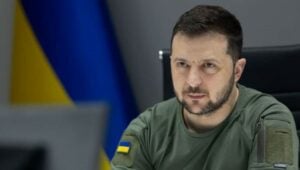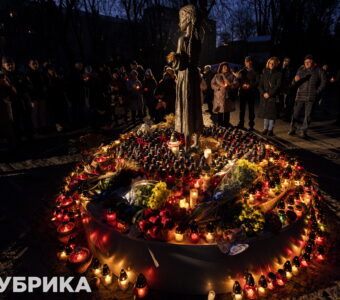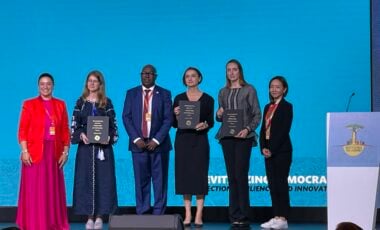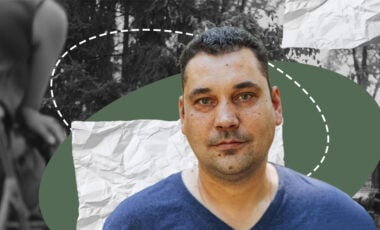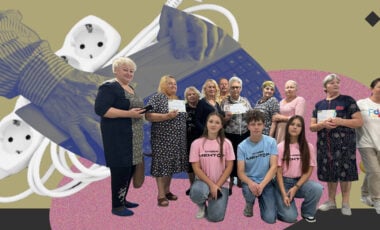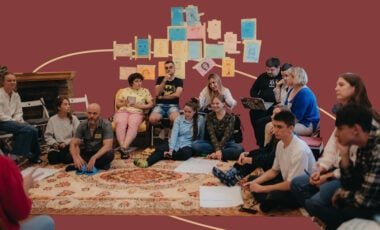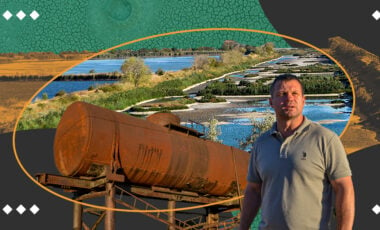Russian authorities abduct 46 children from Kherson orphanage – NYT
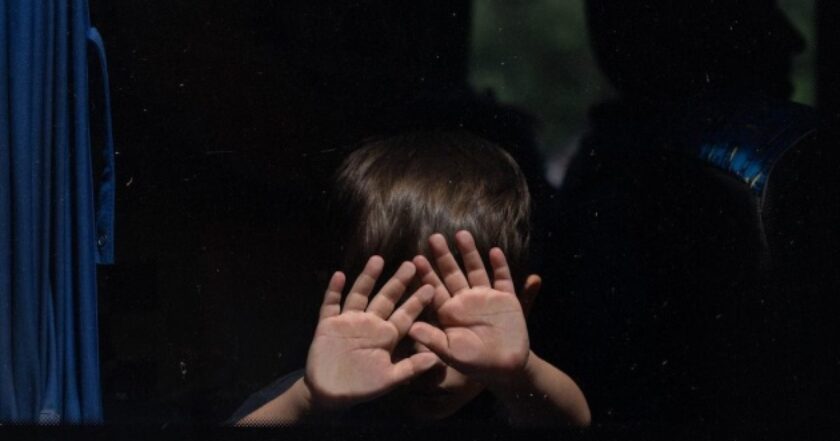
According to The New York Times journalists, at the start of the large-scale invasion, Russia abducted 46 Ukrainian children from the Kherson orphanage.
The publication's investigation indicates this.
Reporters have been following the actions of a vast network of Russian officials and politicians affiliated with President Vladimir Putin's party as they orchestrated a campaign to abduct Ukrainian children. One notable individual involved is Igor Kastyukevich, a member of Putin's United Russia party who serves in the Russian parliament.
The publication's journalists examined posts on Russian social media. They obtained access to photographs, videos, text messages, and documents to track the events and movements of children under the jurisdiction of the Russian authorities. They also conducted over 110 interviews with lawyers and Russian and Ukrainian officials.
The publication emphasizes that after the full-scale invasion of the Russian Federation, employees of an orphanage in Kherson – a state institution for children with special needs – hid pupils in the basement of the church.
The Children's Home housed babies and children below the age of five, including some with severe disabilities like cerebral palsy. These children were not orphans; some of their parents had limited parental rights, and others were taken from dysfunctional families or abandoned.
On April 25, 2022, Russian officials found the children and transported them almost 300 km from home, all the while filming the children for their propaganda videos.
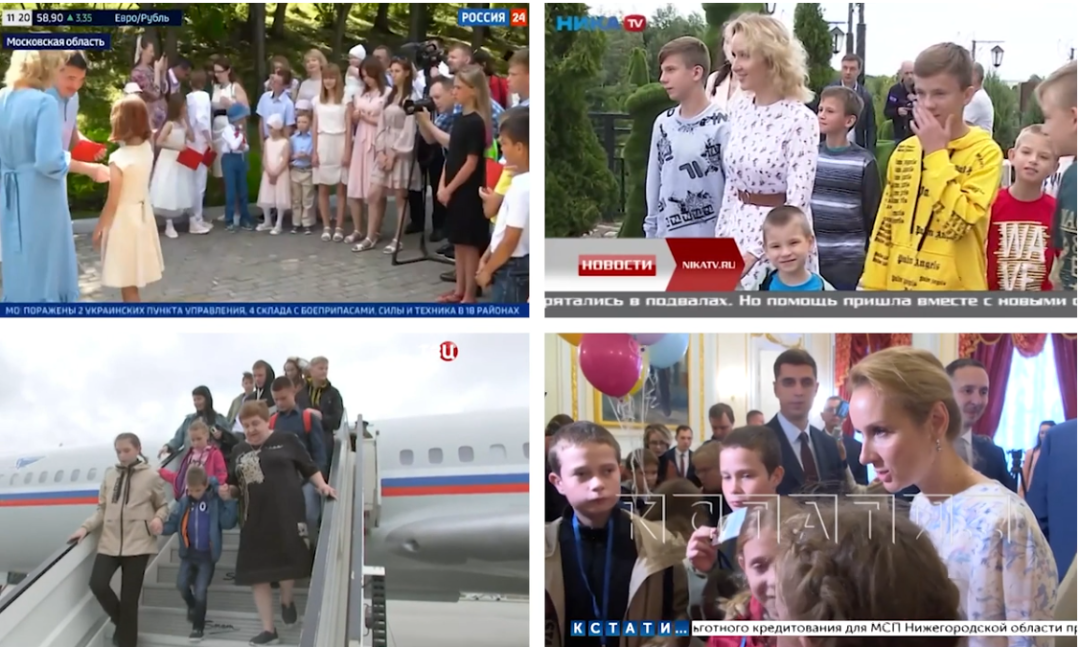

"Вкрадене дитинство": у Києві до Міжнародного дня захисту дітей у Бабиному Яру відкрилася виставка
After Russia seized control of the city, Tetiana Zavalska, a pediatrician at the institution, was appointed the new head. It was evident that she held pro-Russian beliefs. Within a month of her installment, the orphanage was officially registered under the Russian system.
The children taken out of Kherson received Russian citizenship, which, as noted, is a necessary condition for adoption and placement in Russian families.
"Legal experts claim that the issuance of new documents, the translation of the children's names, and the change of their citizenship indicate the intention of the Russian authorities to deprive the children of their identity, which is a violation of the Convention on the Rights of the Child. This may also constitute a war crime," the article reads.
Russian officials claim that the relocation of the children was a "humanitarian mission and corresponded to their Constitution" because Russia "annexed" the Kherson region, and the residents of the area were under their control. They also said there were no plans to repatriate the children and that the children would continue to receive "full support" from Russia. However, experts in protecting human rights say that an individual state's laws cannot stand above international obligations.
The Ukrainian side emphasizes that they were not officially informed about the whereabouts of the children.
As reported by the New York Times, in August of last year, the children were once again placed under different caretakers: instead of Tetiana Zavalska, their welfare is now overseen by the "Ministry of Labor and Social Policy" in the occupied region of Kherson.
Subsequently, photographs of Kherson children began to appear in the Russian federal data bank of orphans among tens of thousands of Russian children. In their questionnaires, of which there were 22, it is stated that they are from Crimea, and the place of birth – Ukraine – is not mentioned.
At least two of them were placed in Russian families, as reported by the children's service in the temporarily occupied Crimea.
At least seven children from the Kherson Children's Home returned to Ukraine with the assistance of the Ukrainian authorities and mediators from Qatar.
For reference:
Based on data from Ukrainian authorities, 19,546 children have been sent to Russia from Ukraine since February 24, 2022. These numbers only include officially documented cases where a parent, guardian, or witness reported the child's deportation to the National Information Bureau of Ukraine. So far, over 380 children have successfully returned to Ukraine.
On March 17, 2023, the Pre-Trial Chamber of the International Criminal Court issued arrest warrants for the President of the Russian Federation, Putin, and the Commissioner for Children's Rights, Lvova-Belova. They are suspected of war crimes – deportation and illegal transfer of the population, including children, from the occupied territory of Ukraine.

З нагоди Дня захисту дітей малеча зі Львова презентувала кліп "Право жити"

Діти кожного народу заслуговують на безпеку і можливість жити своїм життям, - Зеленський з нагоди Дня захисту дітей




